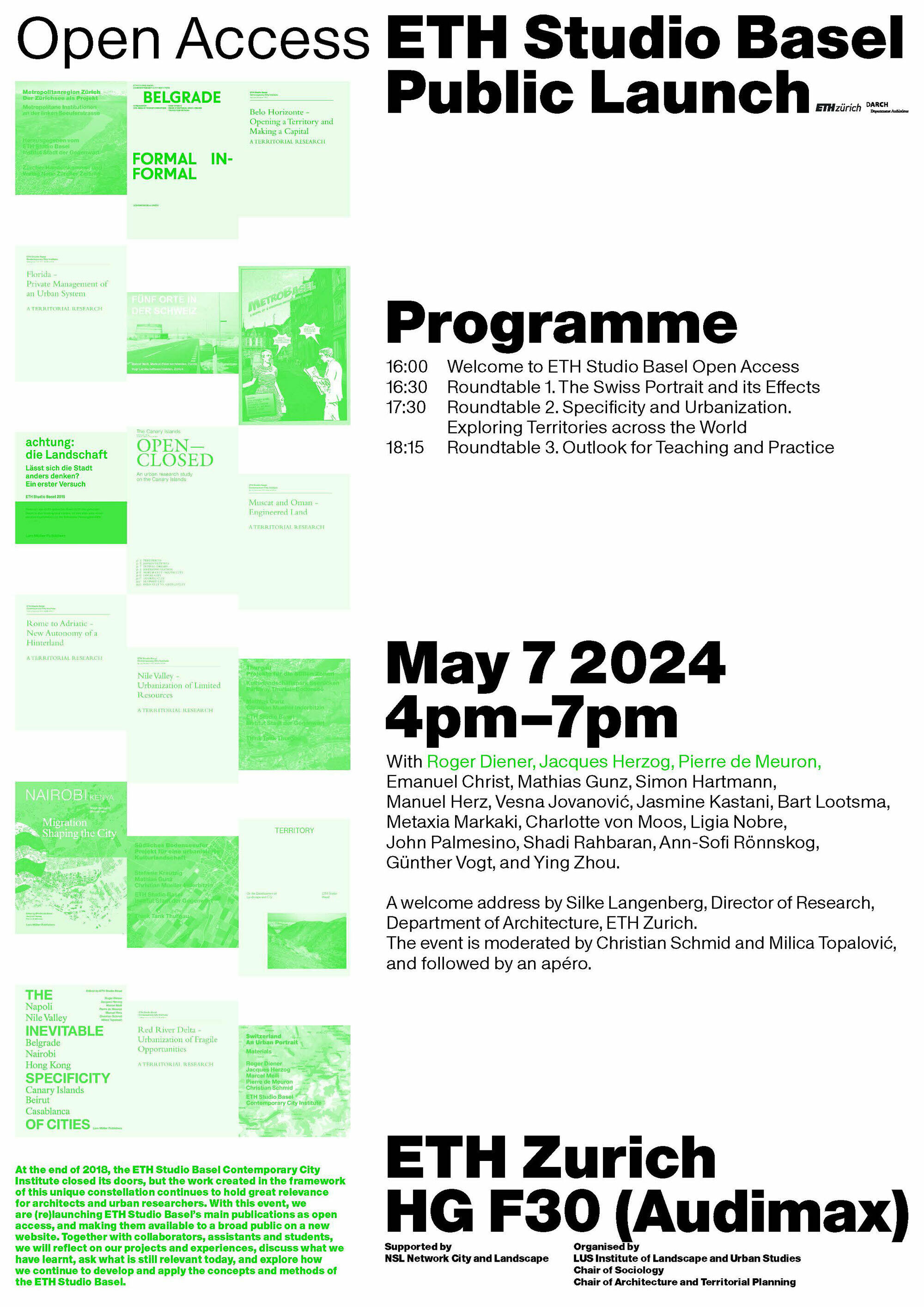Future Cities: Science, Design, and Policy for Urban Transitions | Symposium & Exhibition, Sept 2025

Organised by the Future Cities Laboratory (FCL) Global, in partnership with the Centre for Liveable Cities (CLC)as part of Singapore Urban Science Week 2025, the two-day symposium and exhibition “Future Cities: Science, Design, and Policy for Urban Transitions” took place in early September 2025 in Singapore. The event addressed the need for a new urban paradigm in response to climate change, population growth, and resource constraints, bringing together researchers, policymakers, designers, and practitioners to explore systemic urban change.
At the exhibition and within the symposium’s Food and Territories cluster, we presented our ongoing project New Urban Agendas under Planetary Urbanization — Agrarian Change and Agroecological Transitions, focusing on Zurich and other global sites. The team shared final research findings and future directions for integrating food production, water management, ecosystem services, and biodiversity in sustainable extended urbanisation, marking the conclusion of the research programme.
| Location | CREATE Campus NUS and National Design Centre Singapore |
| Date | 4-5 September 2025 |
| Team | Naomi Hanakata, Christian Schmid, Milica Topalović, Nitin Bathla, Nancy Couling, Hans Hortig, Hiromi Inagaki, Karoline Kostka, Christoph Küffer, Metaxia Markaki, Adrienne Grêt-Regamey, Matteo Riva, Johan Six, Kevin Vega |
| NEW URBAN AGENDAS UNDER PLANETARY URBANIZATION—Agrarian Change and Agroecological Transitions, FCL Global | |
| https://futurecitieslab.world/static/food-and-territories?collection=symposium_exhibition_2025 |














